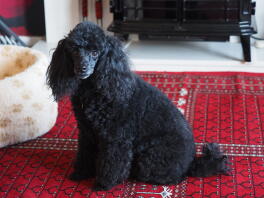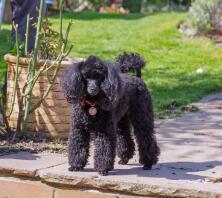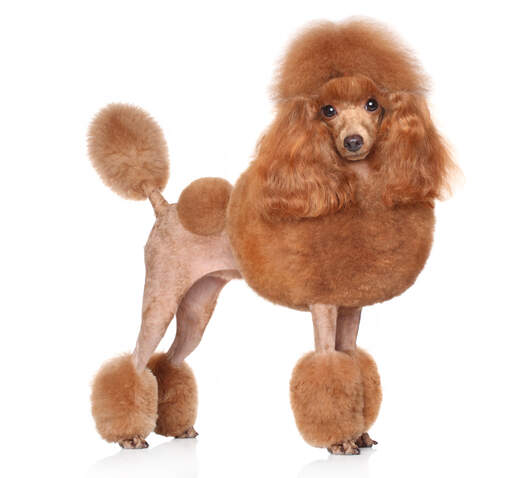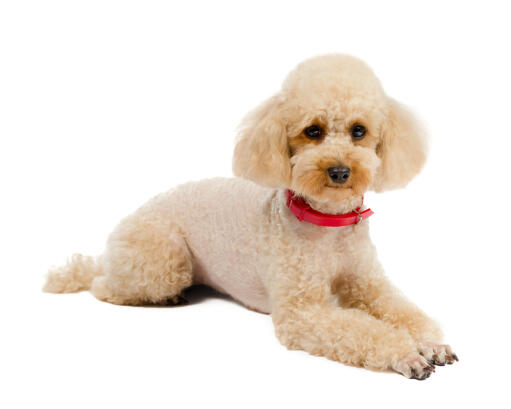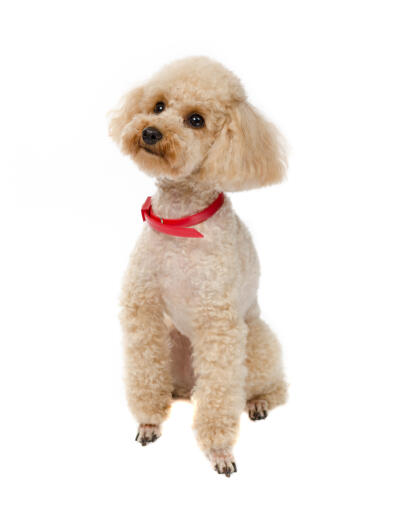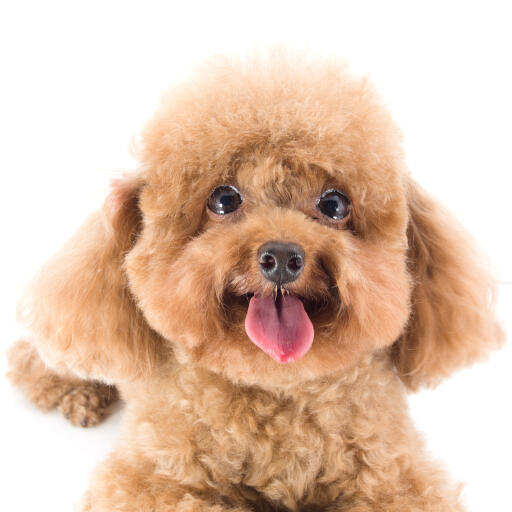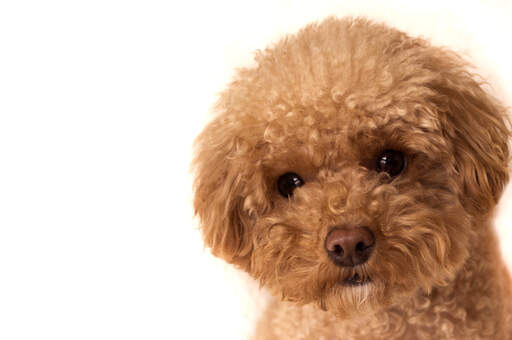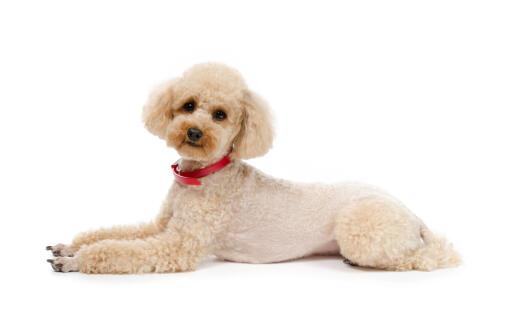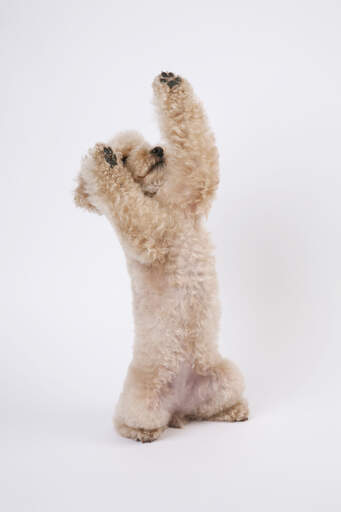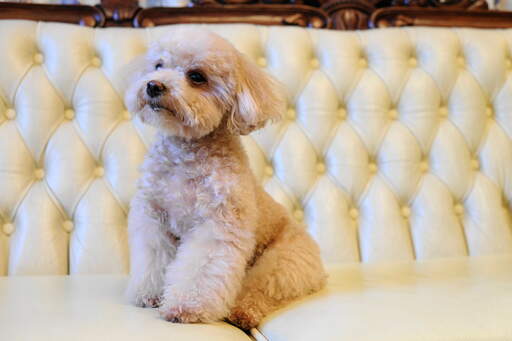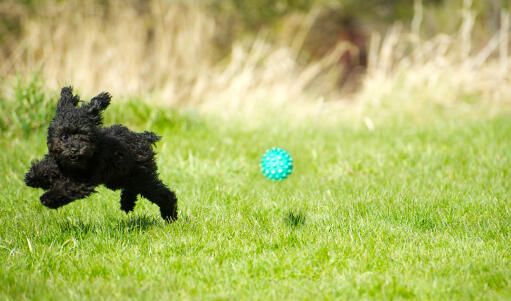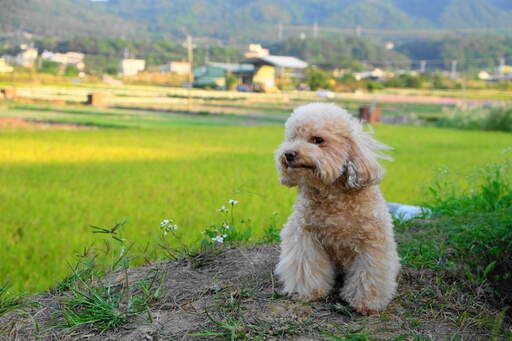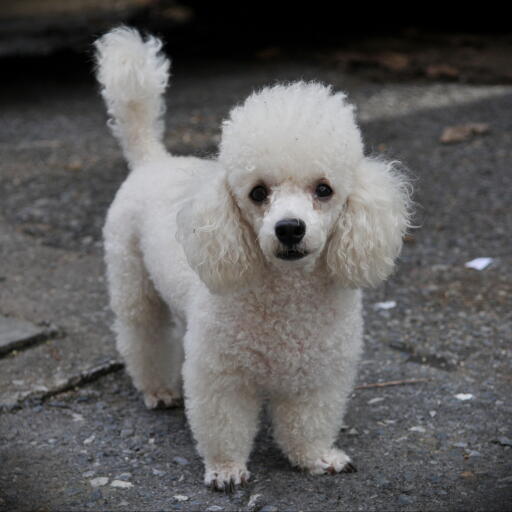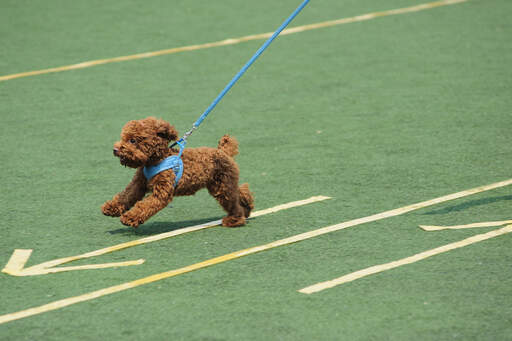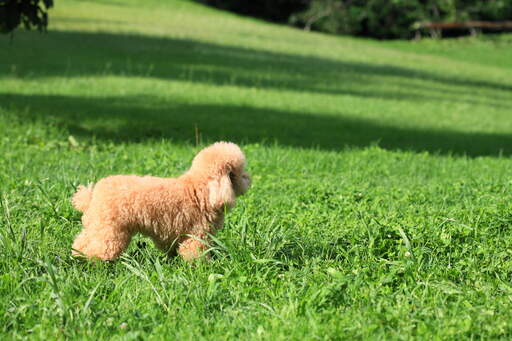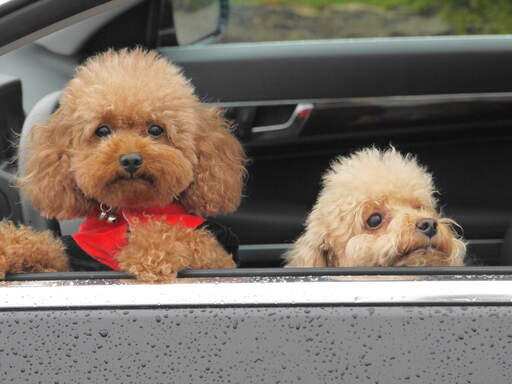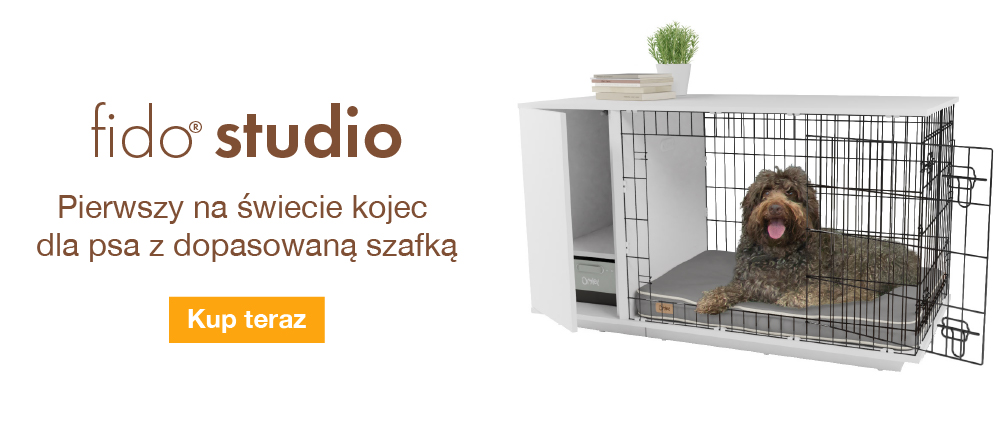Toy Poodle Dogs














Historia i wygląd
Many believe that the Poodle originated in France, but it probably started out as a curly coated breed from Asia and made it's way with herders into Europe. The Poodle is a master herder hunter and loves to swim. The curly coat insulates it from cold water and they are expert duck hunters. It was in Germany that the breed developed in to what we recognise today. They were used as military dogs, guide dogs and in circuses. The French loved Poodles, much favoured by 'fashionable Ladies' and it became the National Breed of France. Breeders would select the smallest 'stock' to produce smaller offspring - the Miniature and Top Poodle were born. The Toy is the smallest of the 3 groups.
Zachowanie i hodowla
Toy Poodles are bright, alert and very easy to train. They were often used in Circuses as they love to perform and learn very quickly. They are good in a family, with children, other pets and dogs. They need constant attention and are best suited to someone who is always at home. If they don't get enough interaction with people, they can get up to mischief and are sometimes destructive. They are loving and funny to have around, but don't be fooled by their daft ways; they have a brain and can use it to twist you around their little finger. They need training and mental stimulation, and make a well rounded pet. If untrained, they will try and rule the household. Training should be fun, reward based and consistent and they will pick things up very quickly. Tricks are fun and play to their natural show off personality. These are not lap dogs, they are very active within the home and like to play and go for short walks, little and often. You can try and wear them out with games in the house, but they do need to get outside and as they have tons of energy. Once tired, they will sleep on your lap or cuddle up next to you. Toy poodles do well in agility, obedience and Flyball and love to please you. They are people dogs and need companionship. Their high energy levels make them ideal for competitions and they revel with the clapping and cheering from the crowd, a true performer.
Their coat rarely sheds and it is classed as a hypoallergenic breed, however the coat needs regular attention to keep it looking good. They will need to visit the groomers every 6 weeks or so, plus brushing a few times a week to remove the fur that clings to the surrounding coat. For the 'classic pompom' cut, grooming is more intense. Blindness, epilepsy and Progressive Retinal Atrophy (PRA) is more common in Poodles.
Temperament
Toy Poodles have an obedient and playful temperament. Intelligent dogs that love to please Toy Poodles make great companion dogs. They will often become very attached to one person so it is important to socialise them early in order to get a well rounded dog.
More reserved with strangers than their larger versions but still very friendly once they are comfortable.
Problemy ze zdrowiem
Health problems that can affect Miniature Poodles include luxating patellar (dislocation of the knee cap), canine hip dysplasia (CHD). elbow dysplasia, Legg–Calvé–Perthes disease (degeneration of the femoral head which can cause lameness and joint swelling), intervertebral disc disease (pressure on the spinal cord that can cause paralysis), progressive retinal atrophy (PRA: degeneration of retina which can lead to blindness), epilepsy and blindness.
Informacje o rasie
- Status: Rasa powszechnie spotykana
- Długość życia: 12 - 15 years
- Waga: 2.7 - 4.1
- Wysokość: Up to 10"
- Bardzo rzadka rasa.: Nie
- Sierść: M - Hipoalergiczna
- Wymagania co do sierści: Codziennie
- Miasto lub gmina: Either
- Minimalny rozmiar domu: Płaska
- Minimalny rozmiar ogrodu: Mały lub średni ogród
- Typ rasy: Pies towarzyszący
- Rozmiar: S
- Poziom energii: wysoki
- Wymagane ćwiczenia: do 1 godziny
Toy Poodle Pictures
